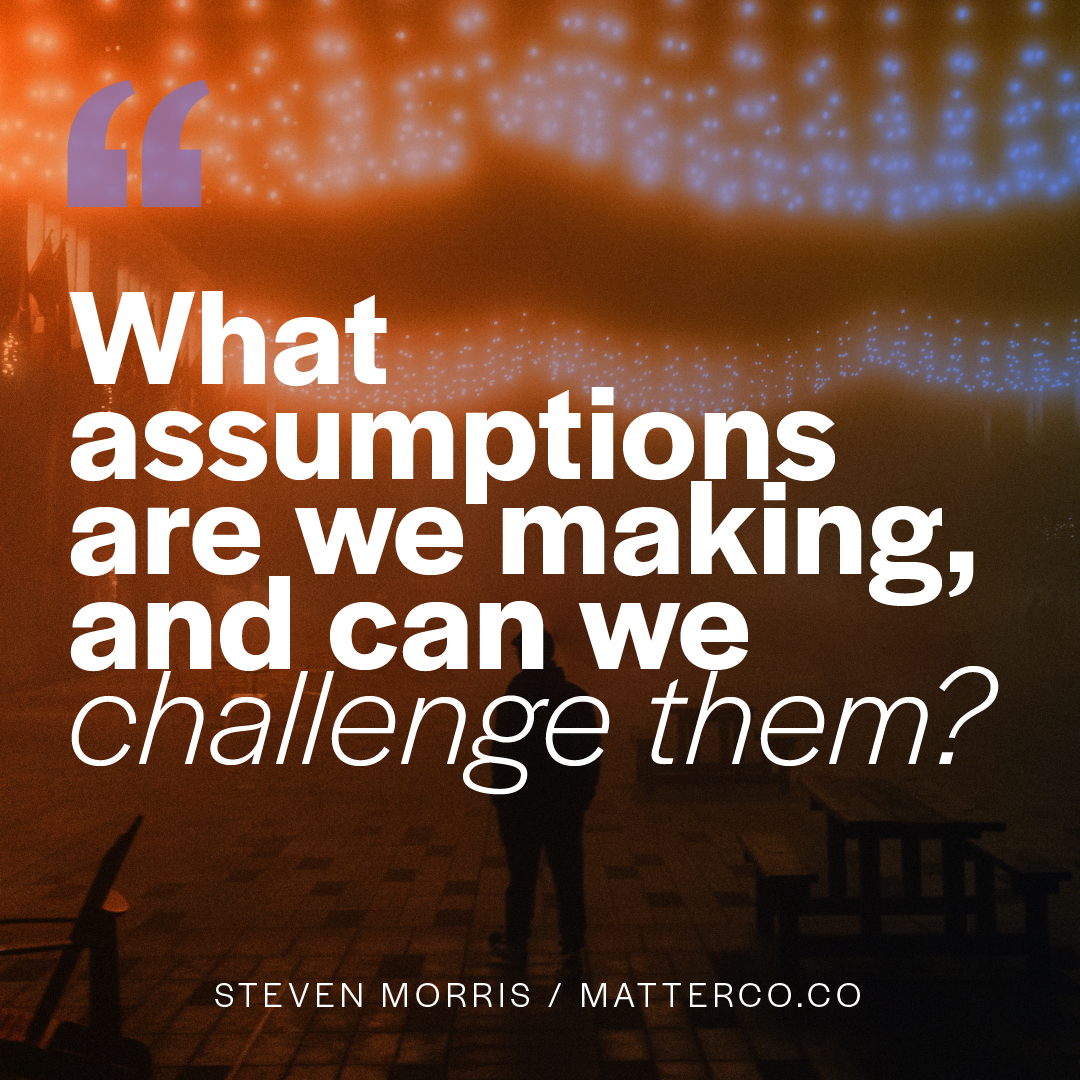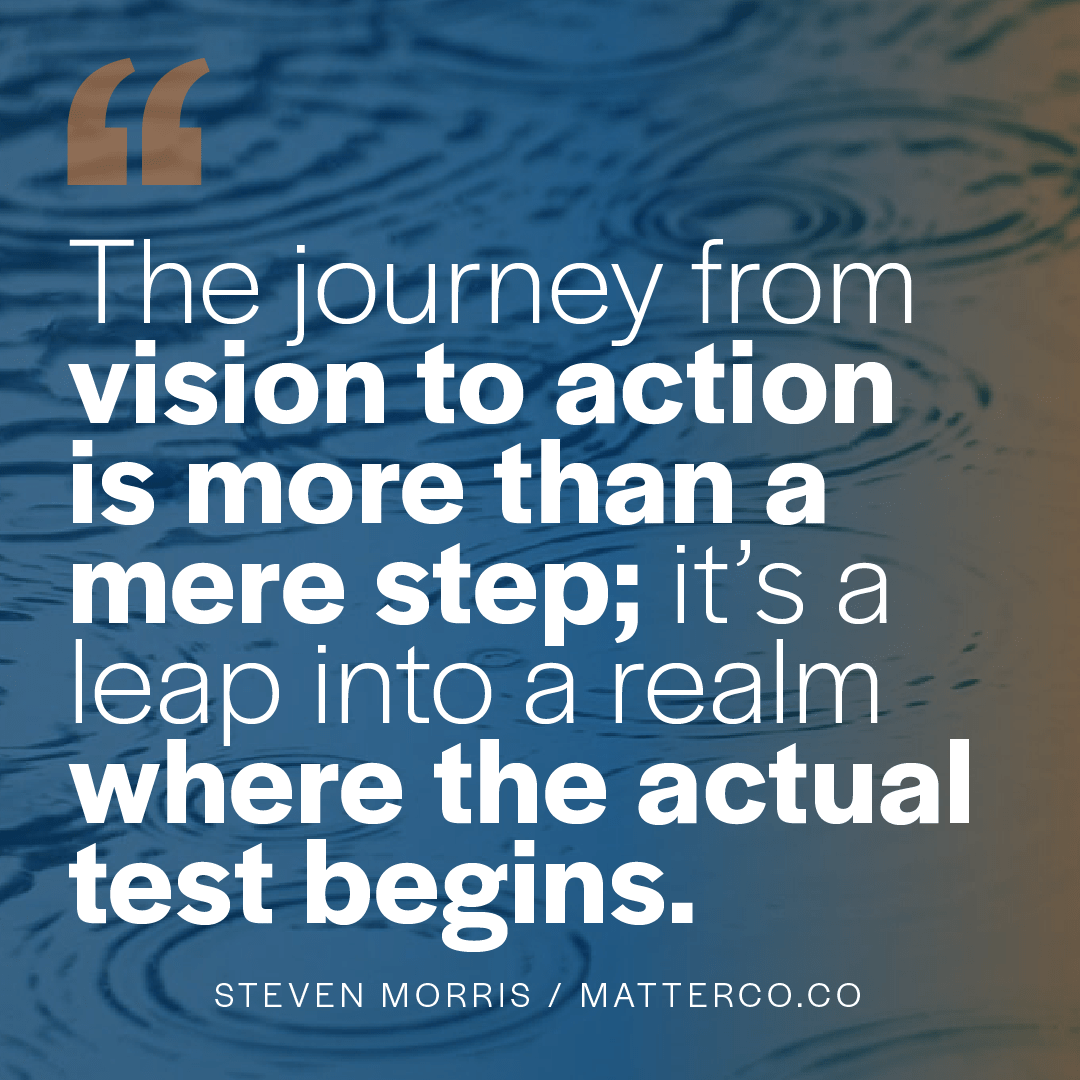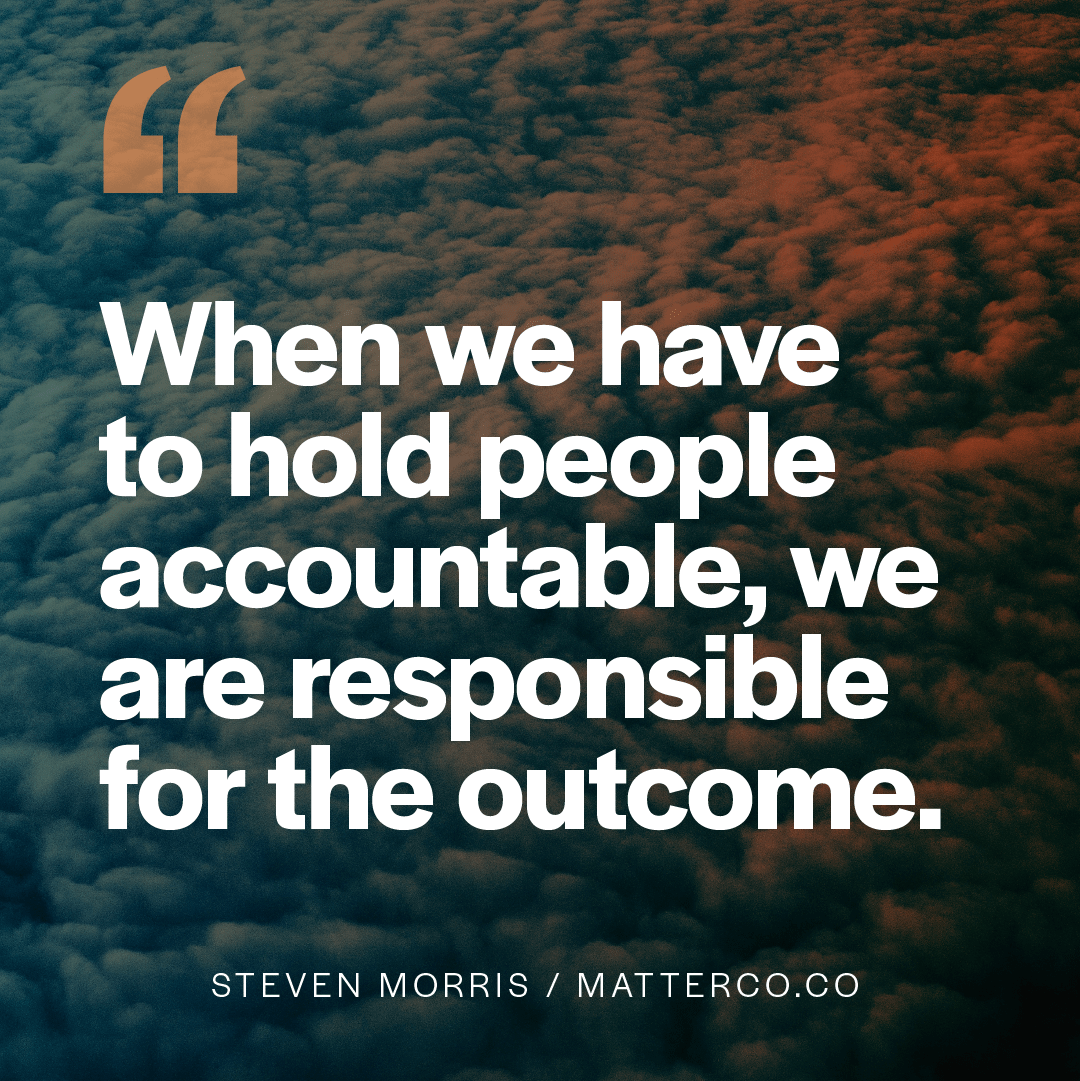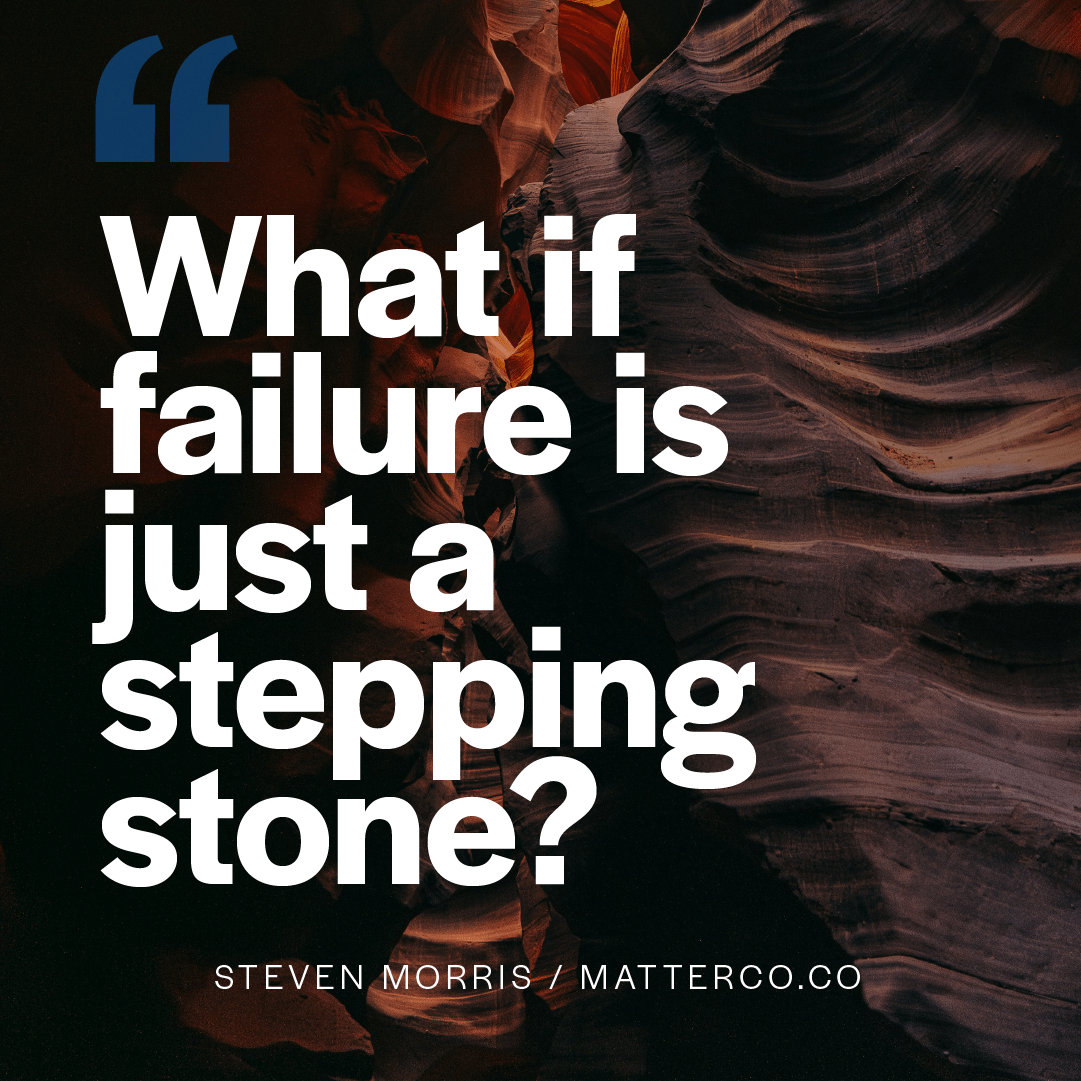
First-Principles Thinking
Amidst the holiday revelry, we gifted ourselves an al fresco pizza oven. It’s a gas-fired inferno that, in a mere blink of the eye, birthed homemade pizzas that transcended the mediocrity of their standard oven-born cousins.
Our previous attempts to conjure a pizza par excellence in the conventional oven confines fell well short of ‘yum.’ This firey new contraption required going back to the basics and getting them right: making and kneading dough, selecting and preparing fresh toppings, and fusing it all to an oven-ready state. The efforts culminate in a spectacle of bubbling, cheesy goodness.
The initial back-yard pizzas left lots of room for improvement, but with experimentation, practice, and ingredient testing, our endeavors yielded a pie far more gratifying than any store-bought, cardboard-crust creation.
Behold the power of first-principle thinking.
First-principles thinking is a problem-solving and creative approach that involves breaking down complex ideas or situations into their most fundamental elements. Instead of relying on existing solutions or conventions, it encourages starting from scratch by asking basic questions like “What are the fundamental truths? What do we actually know for sure?”.
First-principles thinking is particularly beneficial when:
- Doing something for the first time
- Dealing with complexity
- Facing challenging situations
- Solving something highly complex
First-Principles, the elixir of innovation:
First-principles thinking takes the familiar, strips it down to its bare essentials, and rebuilds it with renewed intention. It’s about questioning the “why” behind everything from crafting a pizza to launching a product to navigating a career path. Like homemade pizza tastes infinitely better than its frozen cousin, embracing first principles can unlock possibilities in your daily work and life, sparking creativity and unleashing your true potential.To quash some limiting beliefs:
- “I’m not creative.” Nonsense! Creativity is innate, a skill to be cultivated. First-principles thinking, the ideation tool, unfurls unexpected solutions and emancipates minds from the yoke of conventional thinking.
- “There’s too much information out there.” While that’s partially true, first principles guide you to discern the critical variables, focusing on quality over quantity and seeking out fundamental truths rather than getting lost in the labyrinth of data.
- “All the good ideas are already taken.” Nope! Innovators surround us, approaching problems with a fresh perspective. First-principles thinking invites you to explore variations, novel strategies, and unconventional solutions.
Examples of first-principle thinkers:
Warren Buffett, the sage of investments, challenged the volatile market with an understanding of intrinsic value.
Mantra: “The stock market is designed to transfer money from the active to the patient.”
Marie Kondo, the tidying virtuoso, posed a fundamental question – “Does it spark joy?” – and revolutionized tidying. She lives by the belief that what you want to own is actually the question of how you want to live your life.
Mantra: “Does it spark joy?”
Albert Einstein, the cosmic maestro, questioned the fundamental laws, birthing relativity and reshaping our cosmos.
Mantra: “We cannot solve our problems with the same thinking we used when we created them.”
Julia Child, the culinary rebel, demystified French cuisine by breaking down complex recipes into basic techniques.
Mantra: “You don’t have to cook fancy or complicated masterpieces – just good food from fresh ingredients.”
Some first-principle question prompts for you:
- What assumptions are we making, and can we challenge or discard them?
- Why are things the way they are? What is the underlying cause or principle?
- What do we know for sure, and what is merely an inference or interpretation?
- What is the root cause of the issue, and how can we address it directly?
- What are the critical variables that truly matter in this situation?
- How would someone completely unfamiliar with this situation approach it?
BONUS: I’ve put together a cheat sheet of First-Principles Mantras for you.
Embrace the First-Principles Challenge:
In the crucible of challenges, first-principles thinking illuminates the darkest corners. Whether wrestling a complex project, navigating personal maelstroms, or deciphering your business’ enigma, this approach empowers one to dismantle the problem into its core components and confront it head-on. It’s akin to possessing a Swiss Army knife for the mind, equipped with tools for deconstruction, analysis, and, ultimately, innovative solutions.
So, as you stand before the everyday pizza of your daily work and life, channel your inner Julia Child. Inhale deeply and pose the fundamental questions. Unleash the creative genius within. Seize the flour, roll up those sleeves, and marvel at the masterpiece you create. Think. Feel. Make—the first-principles way.
If you found this topic interesting or valuable, here are some related articles for you.
If you want a more trusting team, a culture of belonging or a magnetic brand that attracts more of the right customers, I can help. If you'd like to explore if working together makes sense, drop me a line.







